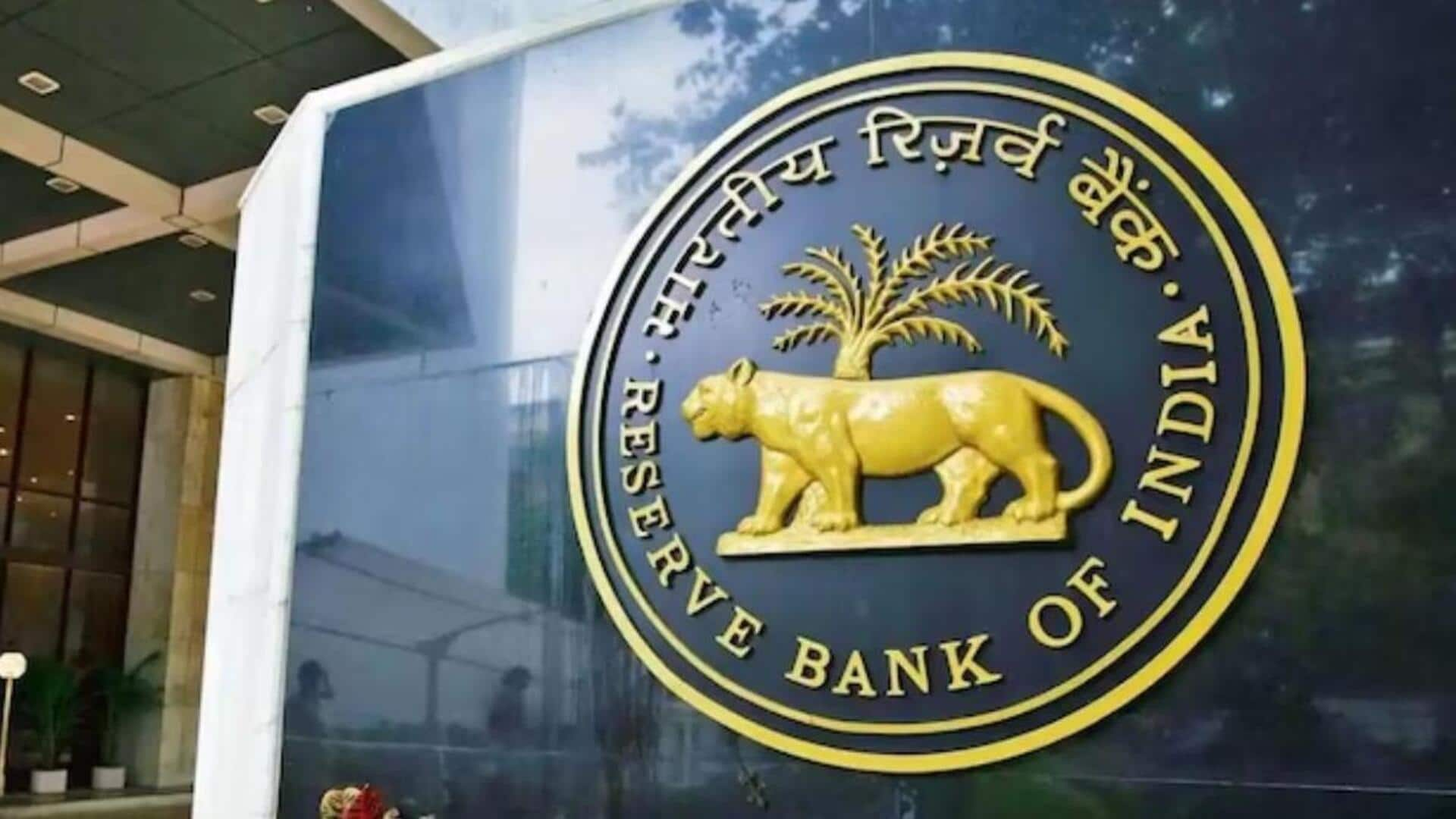
RBI launches wholesale CBDC pilot in call money market
What's the story
The Reserve Bank of India (RBI) has begun testing its central bank digital currency (CBDC) in the call money market, according to Moneycontrol. The call money market is a platform where banks can lend and borrow short-term funds, usually for one day, at market-determined rates. Nine banks taking part in this pilot were also part of the wholesale pilot of government securities launched on November 1, 2022, to settle secondary market transactions in government securities.
Details
Participating banks and project details
The banks taking part in the wholesale CBDC pilot include Union Bank of India, State Bank of India, HDFC Bank, ICICI Bank, and Bank of Baroda. Kotak Mahindra Bank, Yes Bank, IDFC First Bank, HSBC, and Federal Bank, were also there. The RBI has not yet commented on the project. Ajay Kumar Choudhary, an Executive Director at the RBI, previously mentioned that the digital rupee wholesale would be introduced in the call money market by October.
What Next?
RBI's strategy for CBDC implementation
During the Global Fintech Fest 2023, RBI Governor Shaktikanta Das stressed the importance of a non-disruptive introduction of CBDC. The central bank has adopted a strategy of calibrated and phase-wise implementation to ensure a smooth transition. The CBDC was announced in the Union Budget 2022-23 by Finance Minister Nirmala Sitharaman, and amendments were made to the relevant section of the RBI Act, 1934 with the passage of the Finance Bill, 2022.
Insights
Retail CBDC pilot and e-Rupee circulation
The retail version of the CBDC pilot was launched on December 1, 2022. The e-rupee is a digital token representing legal tender and is issued in denominations similar to paper currency and coins. It is distributed via financial intermediaries like banks, and users can transact with e-Rupee using digital wallets offered by participating banks. The e-Rupee in wholesale and retail circulation stood at Rs. 16.39 crore at the end of 2022-23.